Carving Your Own (Un)Conventional Path with Isaiah Wellington-Lynn

Isaiah Wellington-Lynn is a designer and a faculty member at LIS. Isaiah tells us about his personal experience of interdisciplinary learning, the unconventional path he’s taking, and more importantly, what has helped anchor him and give him a sense of direction and focus.
Challenging subject silos at school
Throughout school, university and early work opportunities, I always felt like an anomaly. Perhaps, just like everyone else, I was interested in a ton of things and was very curious. But, I differed in that I was keen to explore how I could combine everything. I am quite anti-categories. Or rather, I have always been pro-blended categories. I never just wanted to be a basketball player. Or just a student. I wanted to be a student-athlete. This mindset has followed me into my career as well.
It can feel like the ominous “Jack and Jill of all trades, master of none” phrase starts to ring true when you have several interests. When it came to choosing my A-Levels, my school had a set of tables on a sheet of paper that, depending on your choices, would correlate to certain degrees. My choices overlapped the tables and I couldn’t be neatly categorised. That naturally caused some anxiety throughout school. I chose Biology, Psychology, Spanish and English Literature for A Level. My interests didn’t prescribe to a degree. In ways, our educational system did not know where to place me.
I survived that, however, but when it came to choosing a degree, I stumbled across the same feelings again. I was torn between Cognitive Neuroscience and Psychology, Sociology, Biology, Human Sciences, Population Health Sciences, Medical Sciences, Economics, and Law. And, the worst/best part about it was that I had enough content to write a decent personal statement for each! Cue more anxiety and confusion. Yikes. Thankfully though, after several gap years, several years of pursuing work experience in a range of industries, and postponing the inevitable degree choice, I discovered Anthropology. This interdisciplinary degree turned out to be perfect for me.
Creating interdisciplinary experiences while at university
Just before I started undergrad, a mentor said that I’ll probably pursue some kind of hybrid, portfolio career. I had mixed feelings when she said this. It sounded quite airy-fairy, lofty and intimidating. But, it also felt quite liberating. Suffice to say it struck a chord in me. It felt inspiring that there was a term to describe the sort of work that could perhaps allow me to amalgamate all of my interests and see how they could complement each other.
It can be easy to be pulled in many different directions when you have multiple and seemingly disconnected interests. And, it can be easy to pursue each of these interests with authenticity. For example, during the first and second years of my undergrad in Anthropology, I went through approximately 7 rounds of interviews, assessments, and group projects to land an offer to intern at the investment bank, J.P. Morgan. I wasn’t faking my interests. I had a genuine interest in Anthropology, in understanding the complexity of humankind. And, I had a genuine interest in banking. I read the Financial Times and The Economist in my free time to keep up to date with current affairs. I followed trends in oil and gold commodities and I learned the fundamentals of financial markets and went to all of the information sessions to learn more about the industry. I went through similar processes for every other internship I had: corporate law, criminal law, venture capital, and digital product design.
Interdisciplinarity at work
It’s nearly a year since I finished my undergraduate degree. I am just at the beginning of my “portfolio-career adventure”. And now, since graduating, I have a different set of work responsibilities. I am a faculty member here at LIS, responsible for teasing out how anthropology, sociology, education and product design perspectives can aid us in tackling some of these hefty societal problems. I am also an Anthropologist in Residence at TwentyFirstCenturyBrand where I work with clients such as Depop to help them align their product, brand and mission. I am also a Board Member at Project Access, an international non-profit organisation that leverages technology and altruism to tackle access to education. And, I will be starting my PhD at Oxford this October to research social mobility, belonging, and the precarity of privilege.
Carving your own interdisciplinary path
In my case, thinking through what matters to me the most and why has helped to resolve this feeling of unease, and the essence of that is storytelling.
Companies have a mission. Products have a mission. And, so I have been wondering, why not see if I can think about my own mission? Simon Sinek calls it ‘finding your why’. Others talk about it in the context of finding your purpose. I want to tell stories about problem-solving, people, products, and brands in the most inspiring, captivating, compelling, yet accessible, relatable and inclusive ways.
My journey so far has been one where I have tried to intentionally pursue my curiosities and see how they can relate to one another. I have rarely had an answer to “what’s next”. Not at sixth form. Not at uni. And, in some ways, not now. In comparison to some of my closest friends who are pursuing medicine, banking, consulting, software engineering, product design, or law, my path feels less linear. It feels less “figured out”. But, I am learning to live with this. I feel a lot of joy pursuing this path.
But what inspires me about interdisciplinarity and about pursuing unconventional paths, is that it encourages us to explore our interests in a controlled yet liberating way. It gives us frameworks and stances to take, while also giving us the freedom to critique and explore alternatives. So, do we need to have an answer to “what’s next”, “what can you do with that degree”?. Maybe you do. But, if you don’t, I’d encourage you to instead focus on the present. Focus on being as present with whatever you’re pursuing in the moment and trusting that as long as you are following your passions, and remaining cognizant and receptive to ways they can come together, the “what’s next”, will take care of itself.
Share this story
Sign up for our newsletter
Don't miss out on important updates including course information, new announcements, Open Day dates and the latest LIS news.

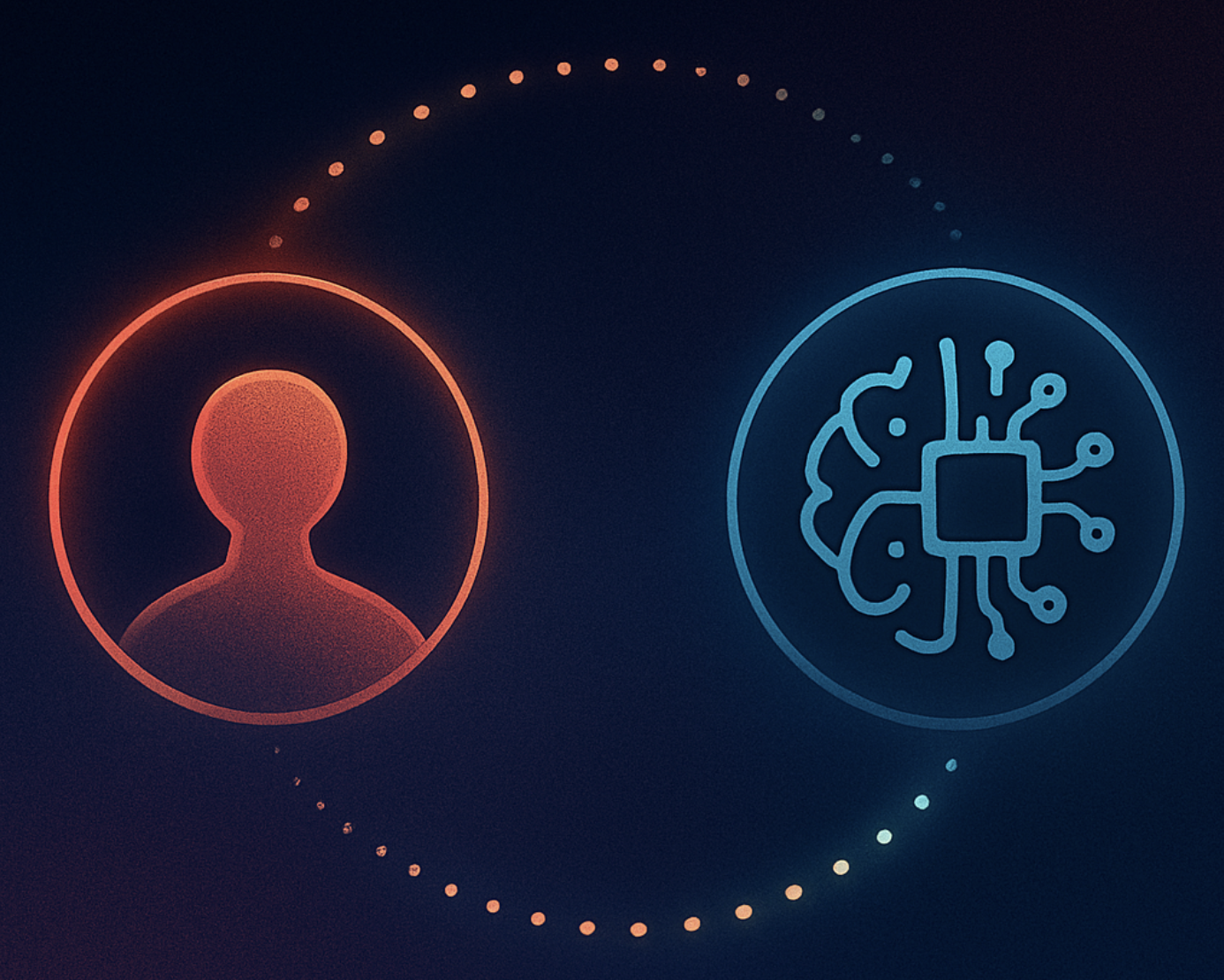



































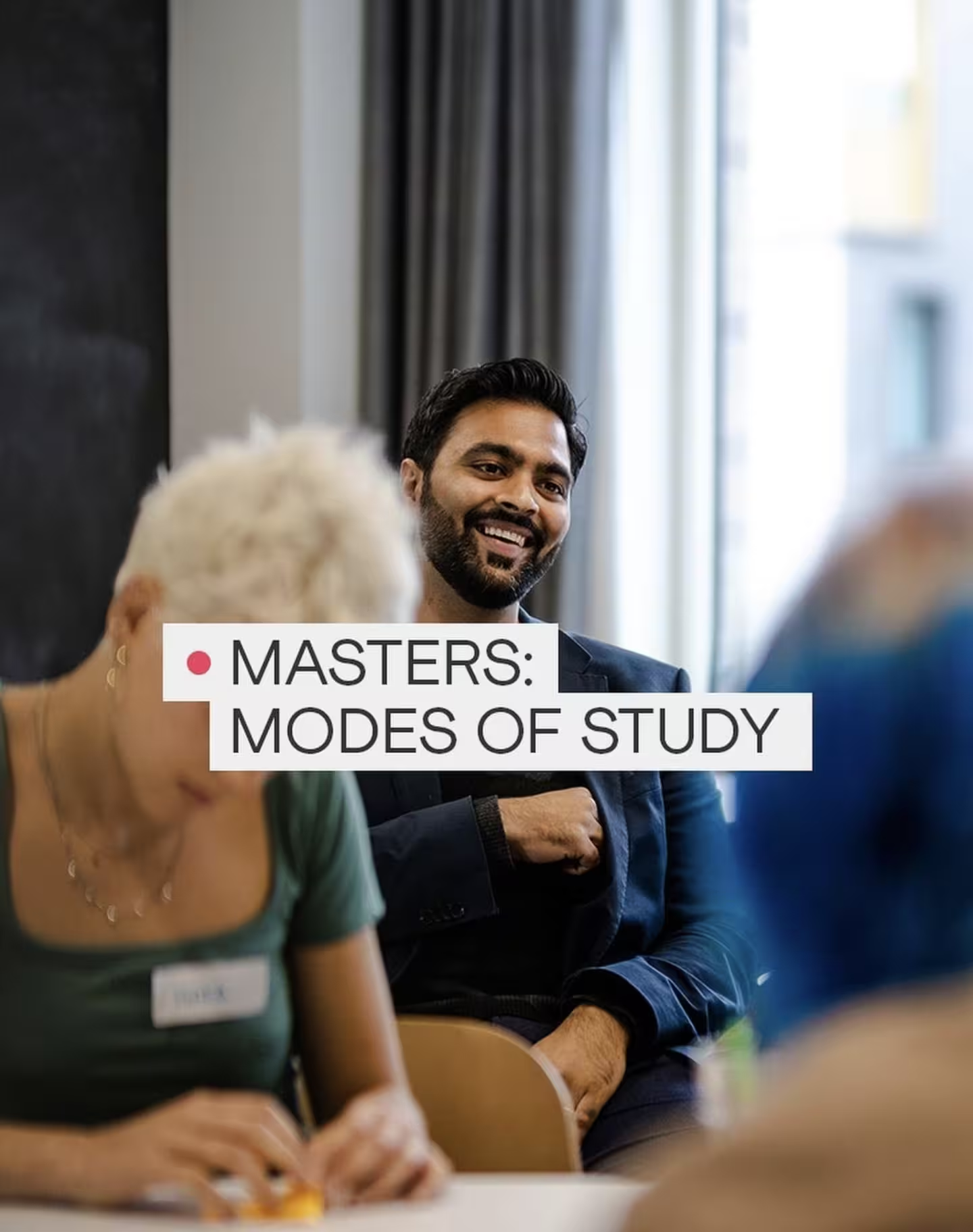
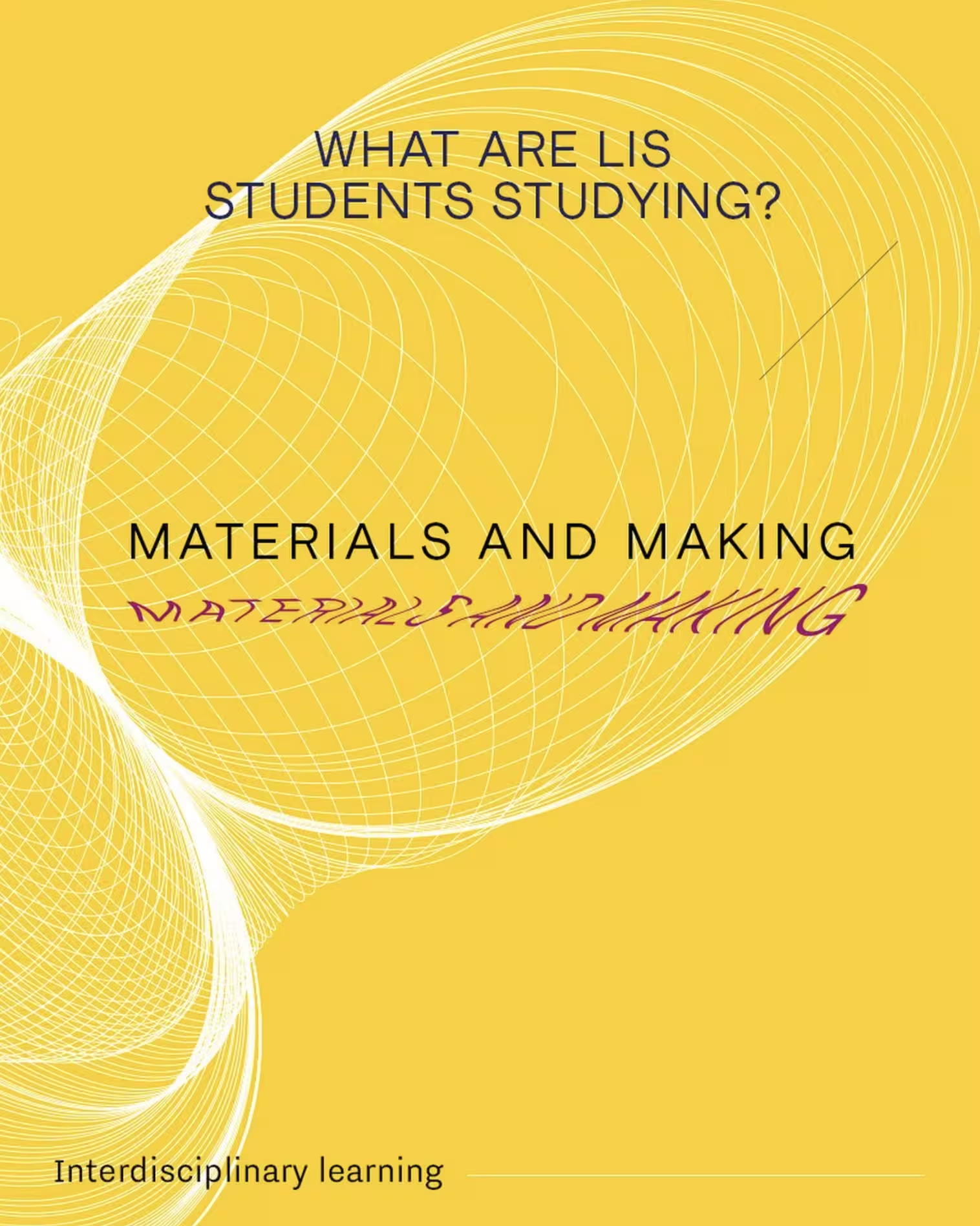
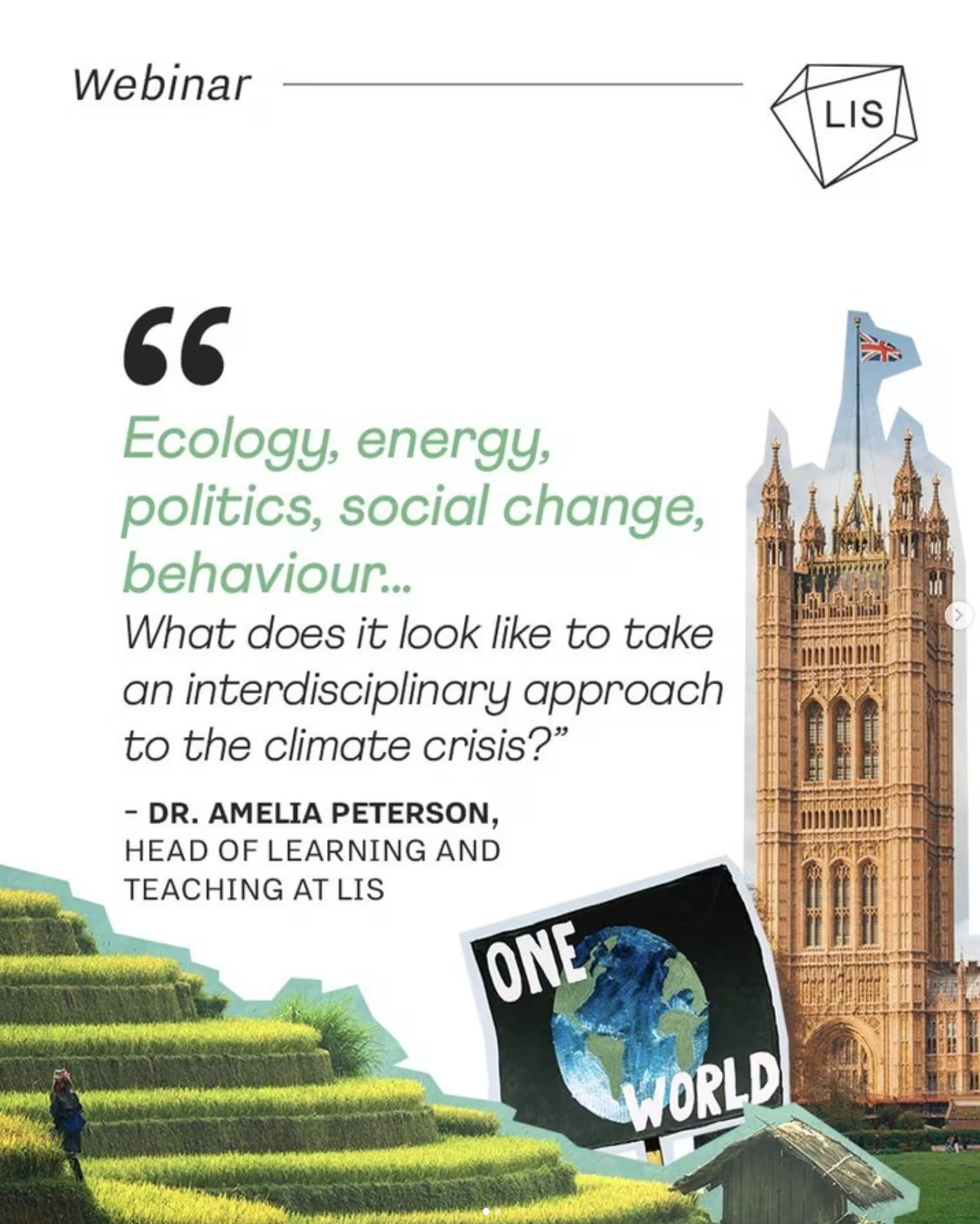






.svg)

.svg)
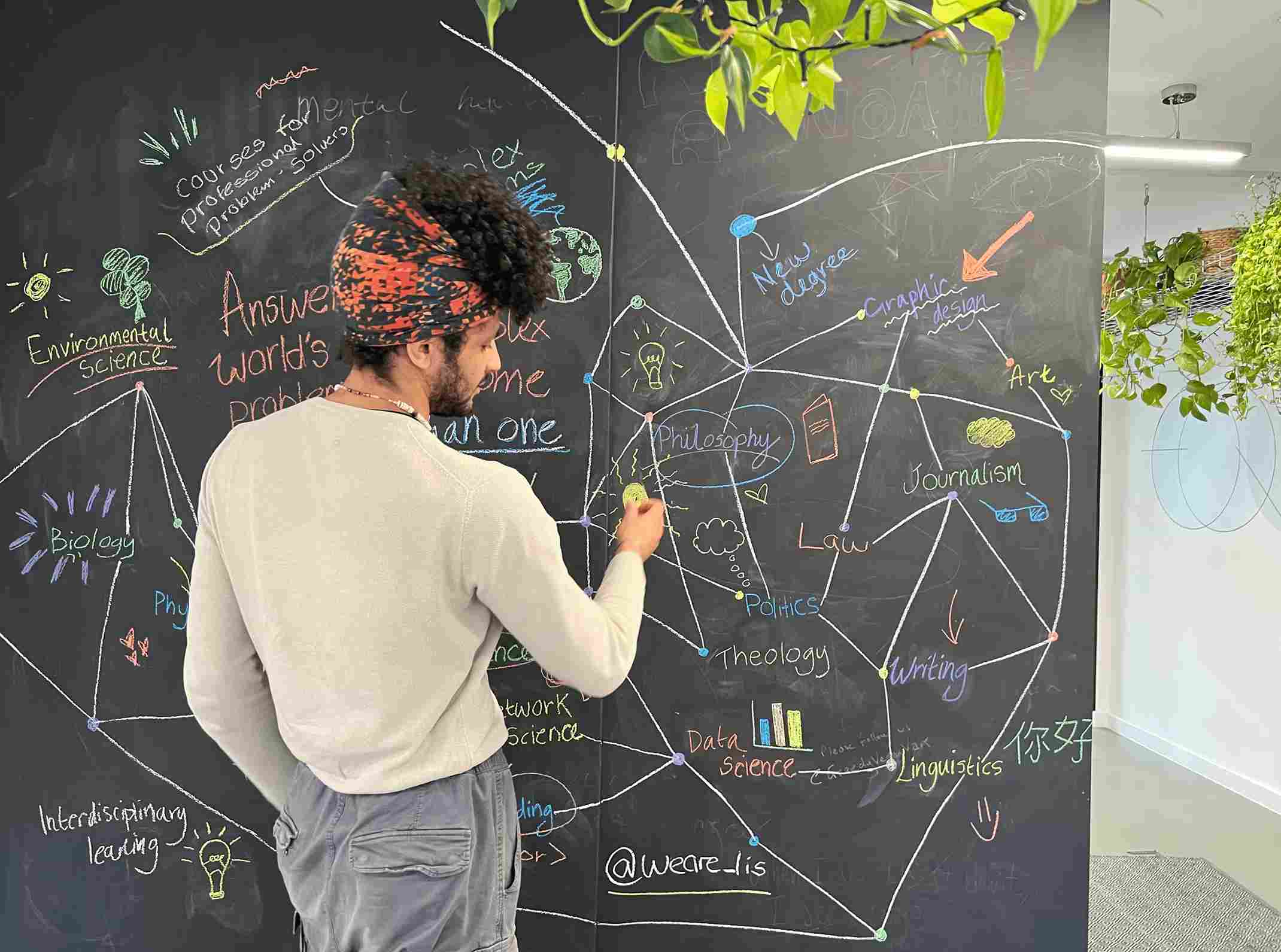






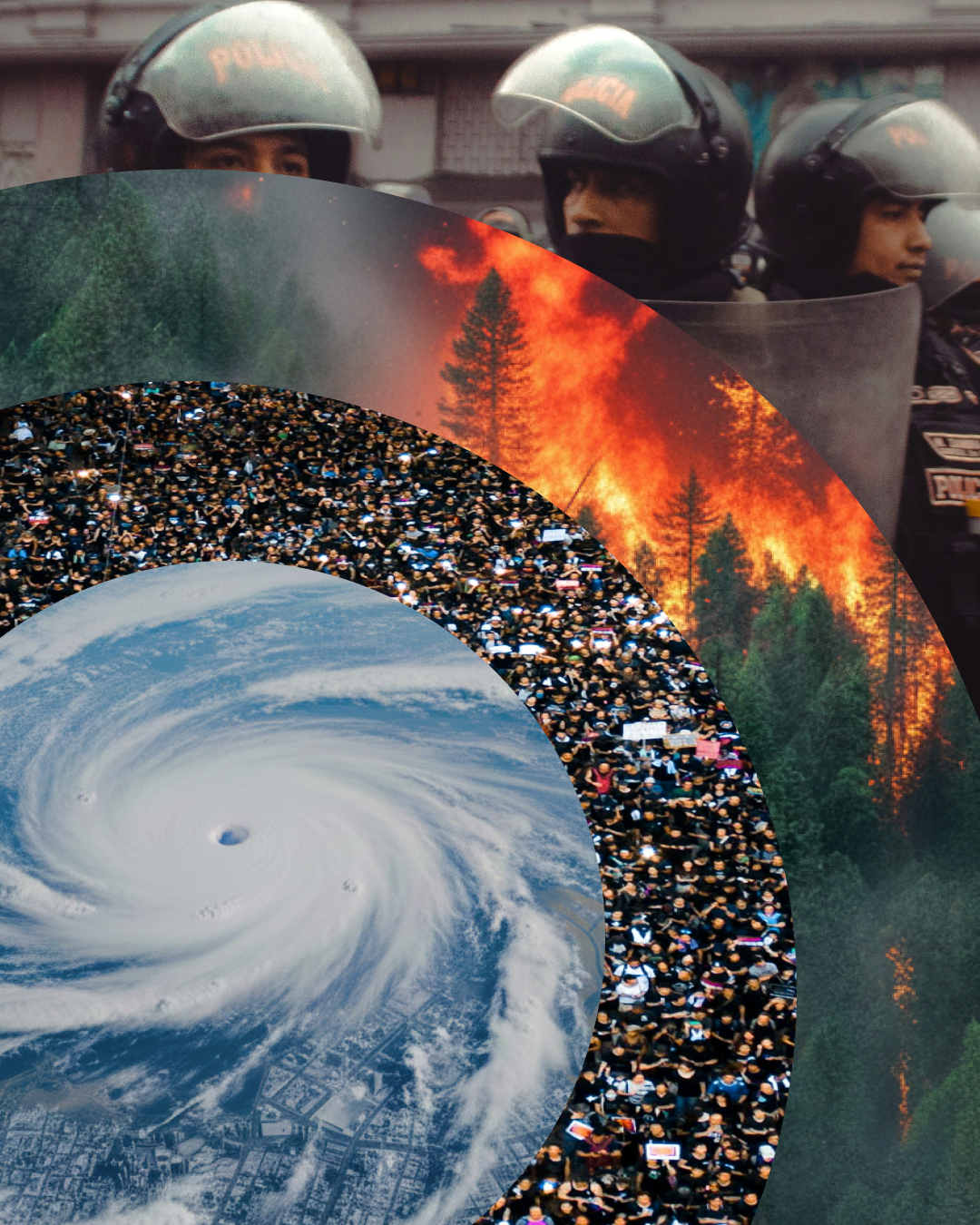
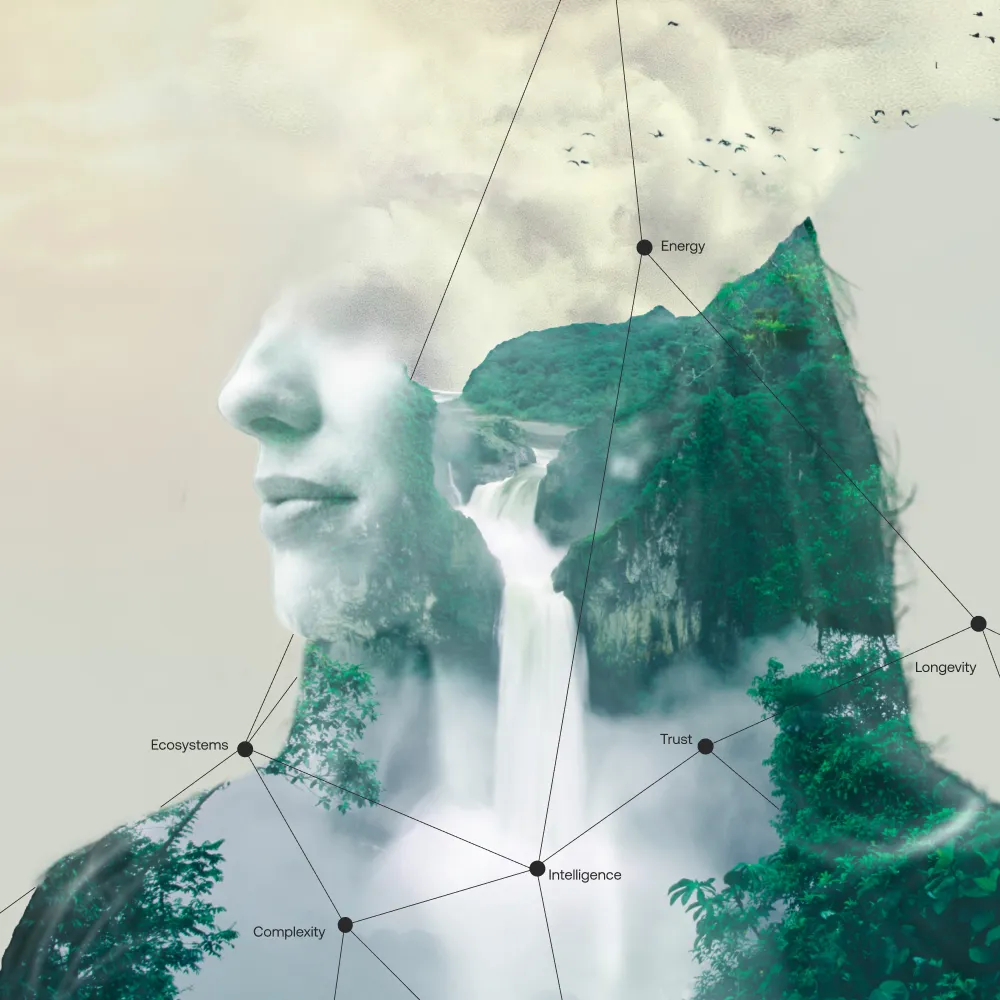
.webp)
This is a comment related to the post above. It was submitted in a form, formatted by Make, and then approved by an admin. After getting approved, it was sent to Webflow and stored in a rich text field.